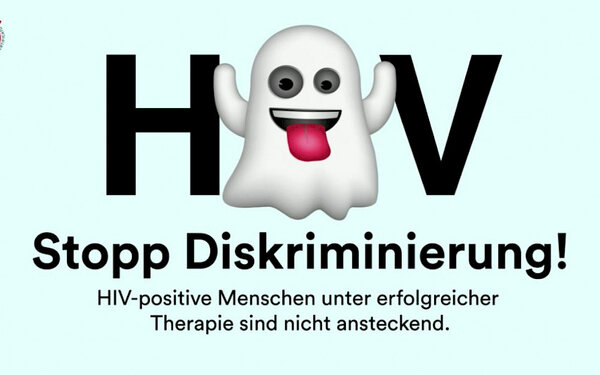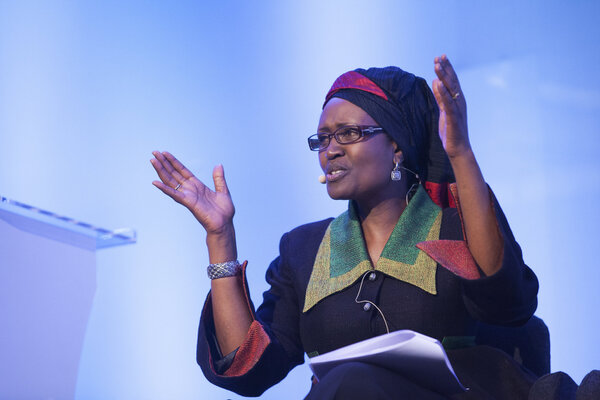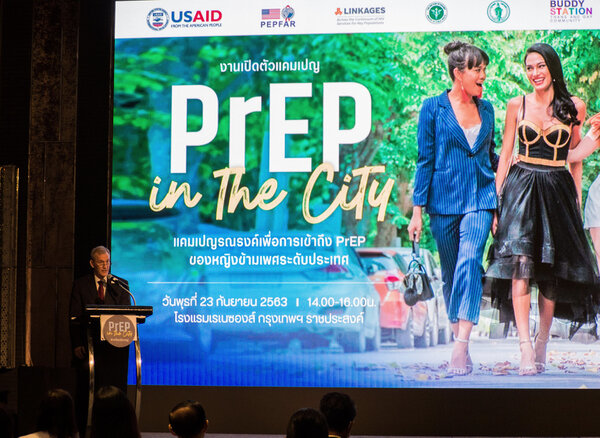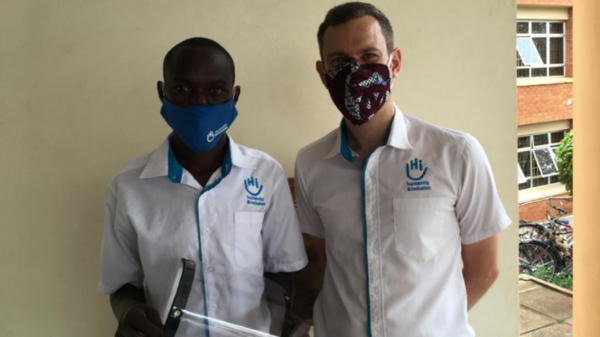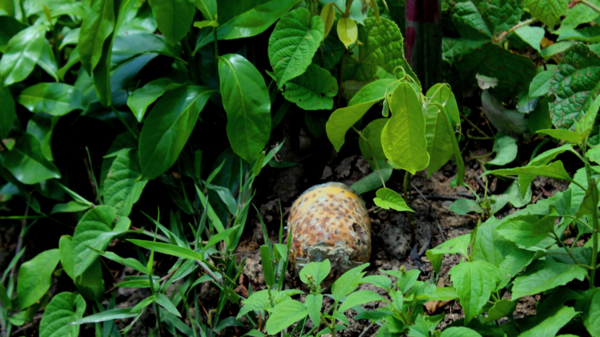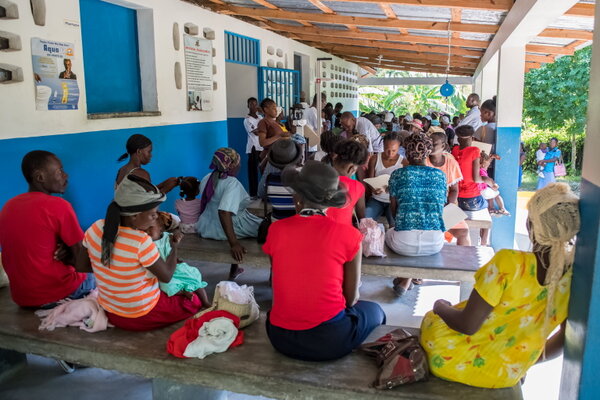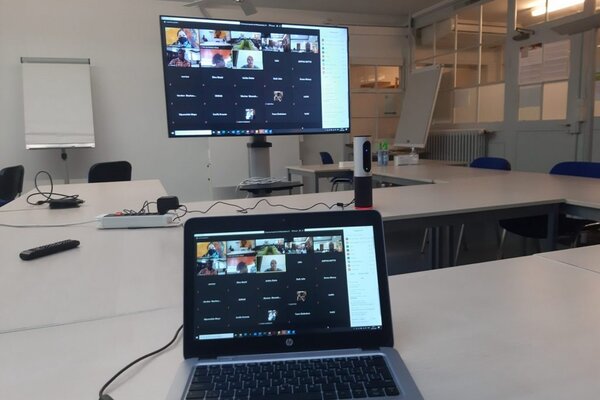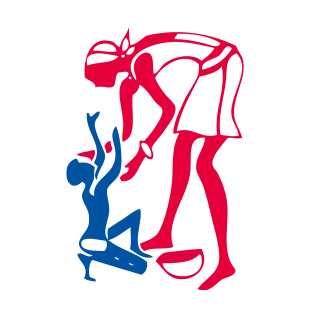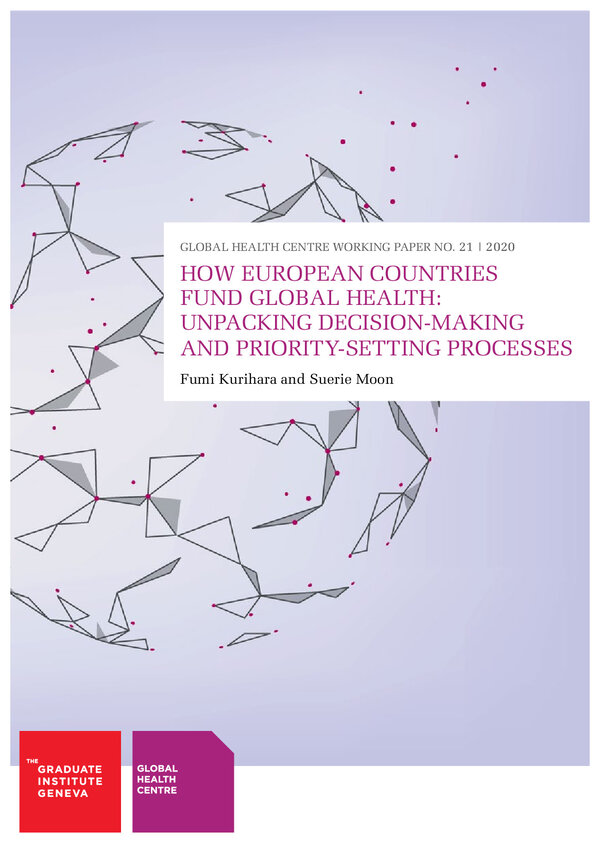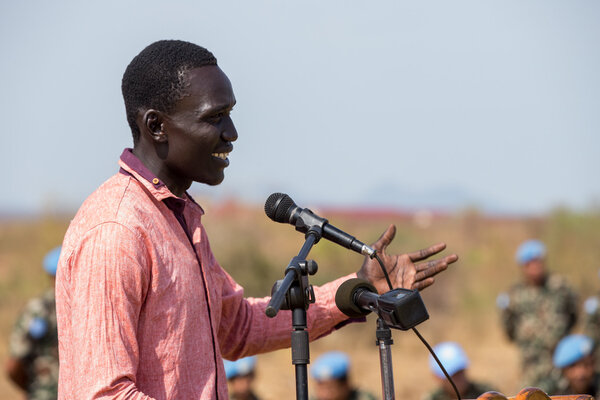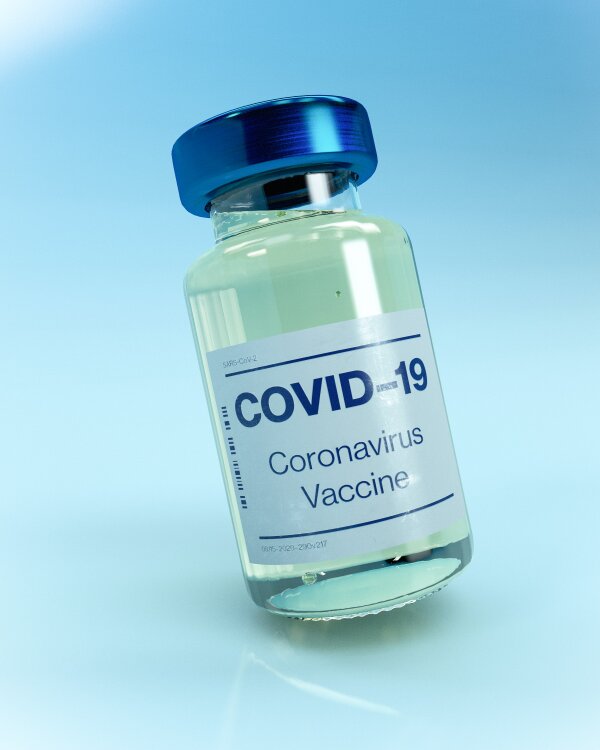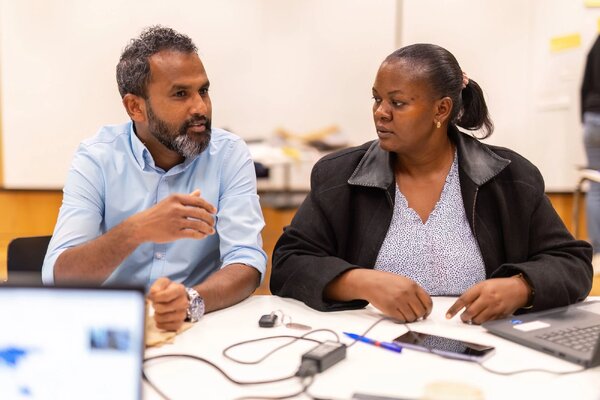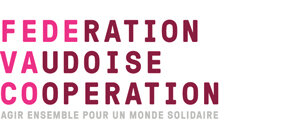Ce ne sont pas les pensées d’un malade d’Ebola au Congo, mais celles d’un citoyen suisse séropositif qui n’a pas encore parlé à ses amis de son infection au VIH. La raison : la peur des réactions, de la stigmatisation.
On peut assurément parler d’un scandale, mais est-ce un cas isolé ? Pas du tout. L’Aide Suisse contre le Sida, qui a publié ce rapport et de nombreux autres, souhaite attirer l’attention sur les expériences quotidiennes de discrimination vécues par les personnes séropositives grâce à la campagne « Stop à la discrimination » (l’Aide Suisse contre le Sida) à l’occasion de la Journée mondiale de lutte contre le sida 2020. La lutte contre la stigmatisation n’a pas suivi les progrès de la médecine. Le message selon lequel les personnes séropositives suivant une thérapie efficace ne sont pas contagieuses n’est pas suffisamment entendu du grand public.
Journée mondiale de lutte contre le sida 2020 sous une mauvaise étoile
Notre pays la Suisse est dans une situation avantageuse : les personnes infectées par le VIH ne doivent pas subir de restrictions drastiques de traitement, même en période de coronavirus. À l’échelle mondiale, il en va tout autrement : de très nombreux programmes de lutte contre le VIH ont été interrompus. Alors que la communauté mondiale se concentre pleinement sur la lutte contre la pandémie du coronavirus et qu’un premier vaccin a déjà été mis au point grâce au déploiement de moyens financiers inégalés, les efforts de lutte contre le VIH/sida risquent d’être retardés de plus de 10 ans.
Un coup de massue pour toutes les personnes infectées par le VIH ou celles à risque de VIH qui sont en attente d’informations depuis des décennies ? Comme un moulin à prières, on a répété au cours des dernières années que nous ne devons laisser personne de côté, mais qu’en est-il de ceux laissés pour compte dans la prévention du Sida ? La COVID-19 nous montre ce qui est possible en peu de temps grâce à un engagement multilatéral approprié. On teste et on collecte des données dans des proportions inespérées ; or, ces données seraient également nécessaires de toute urgence pour lutter contre le VIH, mais elles ne sont toujours pas disponibles dans de nombreux pays.
Nous connaissons le principe : dès que les maladies ne menacent plus les populations des pays riches, l’engagement faiblit et les moyens ne sont plus déployés. L’histoire se répétera-t-elle avec la COVID-19 ? Les vaccins ne profiteront-ils à nouveau qu’à la partie privilégiée de l’humanité ? Ou la recherche sur la COVID-19 se révélera-t-elle également comme une force motrice de la poursuite de la recherche sur le VIH et permettra-t-elle de nouvelles impulsions, comme on a pu le lire récemment dans The Lancet (The Lancet 2020: Leveraging the advances in HIV for COVID-19) ? Nous ne le savons pas. Mais nous savons et nous soutenons comme l’Aide Suisse contre le Sida que la solidarité envers les personnes touchées ne doit pas disparaître de l’ordre du jour et qu’elle a besoin d’un nouvel élan (focus : Journée mondiale de lutte contre le sida 2020).
Martina Staenke
Réseau Medicus Mundi Suisse
E-Mail


